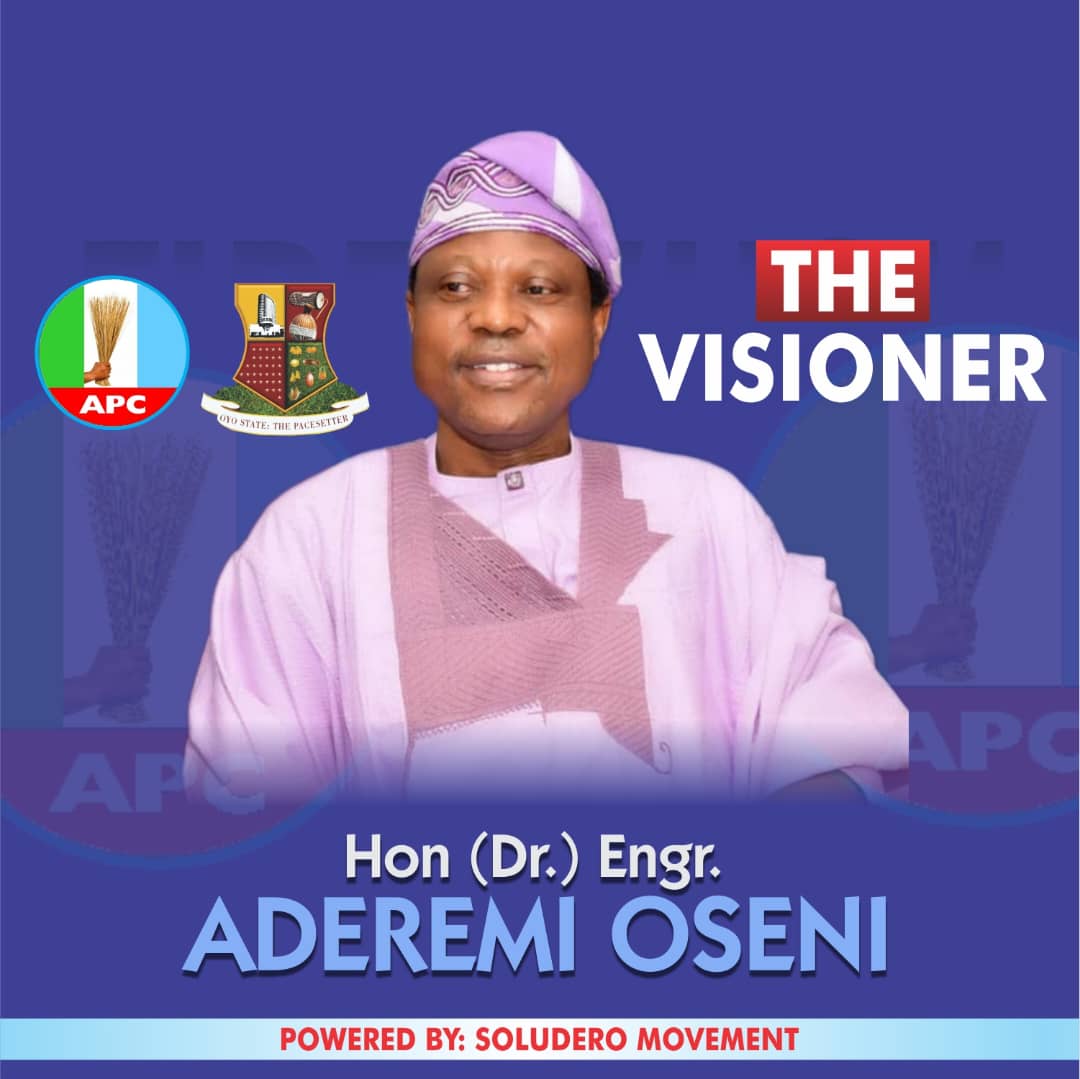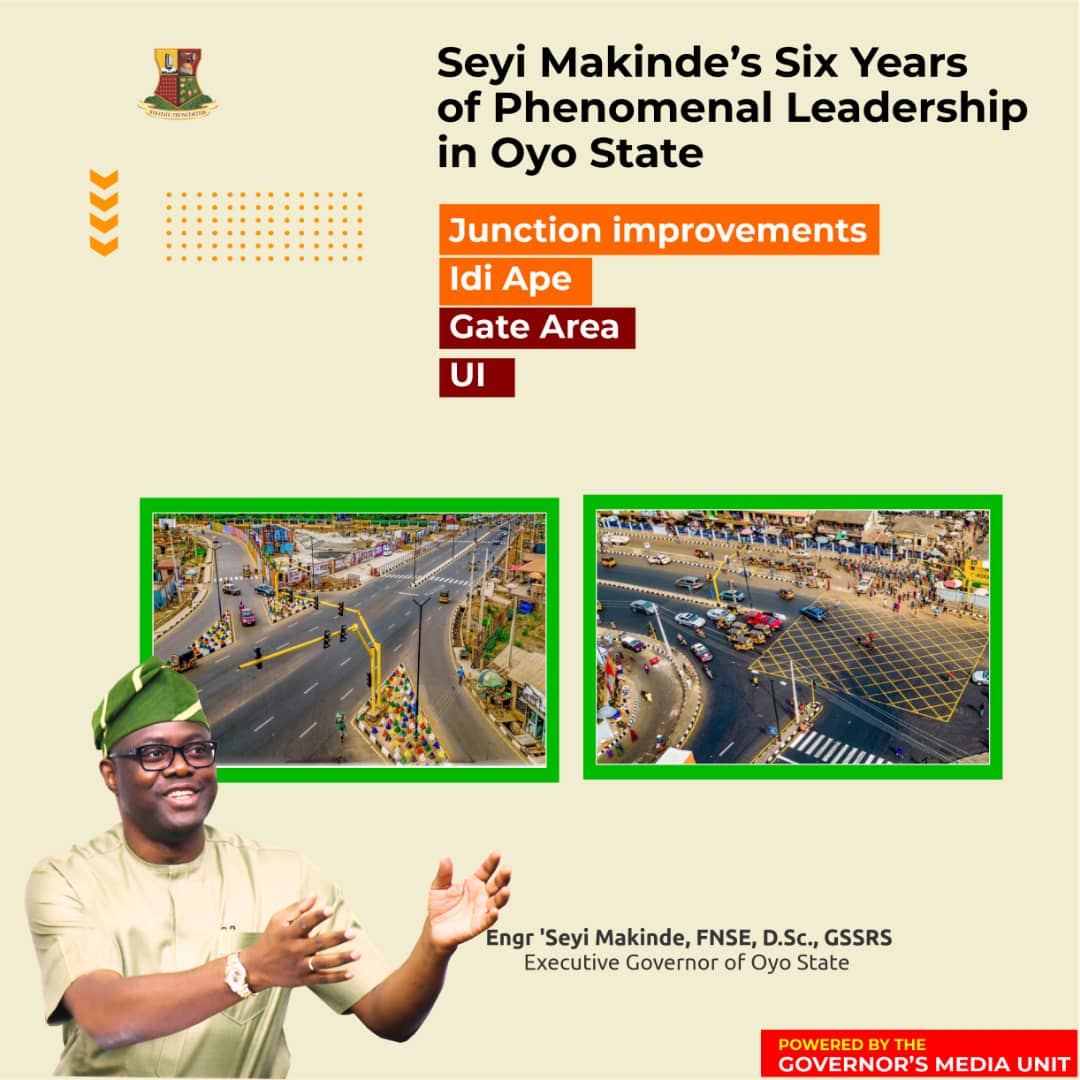SIR: Both were remarkable presidential election dates in Nigeria history. Both were reckoned by most national and international observers as peaceful and credible, representing the will of the electorate. Both were seen as the best Nigeria could have at the time, in comparison with the past ones. No Nigerian election in the past had been free from irregularities and sporadic violence, accidental and contrived. That’s almost a political culture. It’s a matter of the degree/rate of prevalence in a given instance.
In 1993, Moshood Abiola was the more popular of a two-horse presidential contest. He had vast electoral reaches across most zones of the nation, particularly in the vast and more populous northern region. His reputation was built over the past decades. He clearly won the election (all results were already available) before Gen Ibrahim Babangida’s military government annulled the election. And that was the beginning of protracted trouble.

In February, Bola Tinubu, the most popular of a four-horse presidential race, with vast reaches across most parts of the country, particularly in the vast northern region, won the election handsomely, and was announced as the President-elect. He had cultivated his political stature over the past decades. The election was considered by most national and international observers as peaceful and credible, and a remarkable improvement on the past ones.
Two of the parties that lost the election, each is claiming to be the winner, and calling to be declared the winner or cancel the election. The first person to call for cancellation when it because clear that Tinubu was leading the votes, was former President Obasanjo, a pronounced promoter and supporter of one of the parties that took third position. He was almost threatening that the country is on the brink of serious crisis if the election is not immediately cancelled and a fresh one conducted. The same Obasanjo had in 2010, when challenged that he, as President in 2007, conducted the worse and most widely condemned election, he replied that even Jesus cannot conduct a free and fair election in Nigeria.

Obasanjo, as a former president, is perfectly in a position to know that cancelling the election was the road to interim national government, because no acceptable fresh election could come up soon without acrimony, some changes and violence. So he knew where he was heading to.
When the military government of Babangida annulled the June 12, 1993 presidential election, it sparked loud outcry from pro-democracy groups and individuals across the country, as well as condemnation from some Western nations. Obasanjo, then a former military Head of State, supported the annulment and said that Abiola was not the Messiah we were waiting for. Wole Soyinka also responded that Nigerians were not looking for a Messiah or a Saint, but a president elected by the popular votes of the people. Obasanjo played a role in the interim government that was set up, which collapsed within three months. In the present dispensation, the same Obasanjo has embarked on similar scheme against Tinubu.

The above reflection is made to remind fellow Nigerians, particularly the younger generation who know very little history, of past antecedents, so they can better understand some present developments. Youth entrepreneurship, youth empowerment, youth employment, can only be pursued in a peaceful environment. If there is serious crisis, attention would shift to survival under difficult conditions, and the future of the youths would be most adversely affected. Things can only get worse not better, if there is crisis.
Some people have had the best opportunities from this nation from early youth to elder statesmen, and have accumulated huge wealth far beyond their legitimate income. They laid the foundation of the developmental problems of this nation that generate current youth discontent. Check their records to see what spectacular things they did for the youth in the past when they were in position of authority. They lately resort to craftily manipulating the exuberant energy and fast-paced expectations of the youth to position themselves as lovers of youths. The youths should be wary of such elders who are in the evening of their life and would not mind to foment trouble out of their over-blown personal ego issues.

